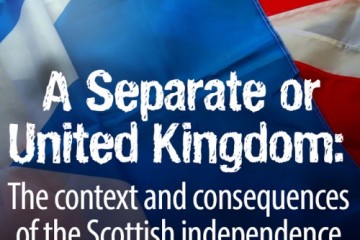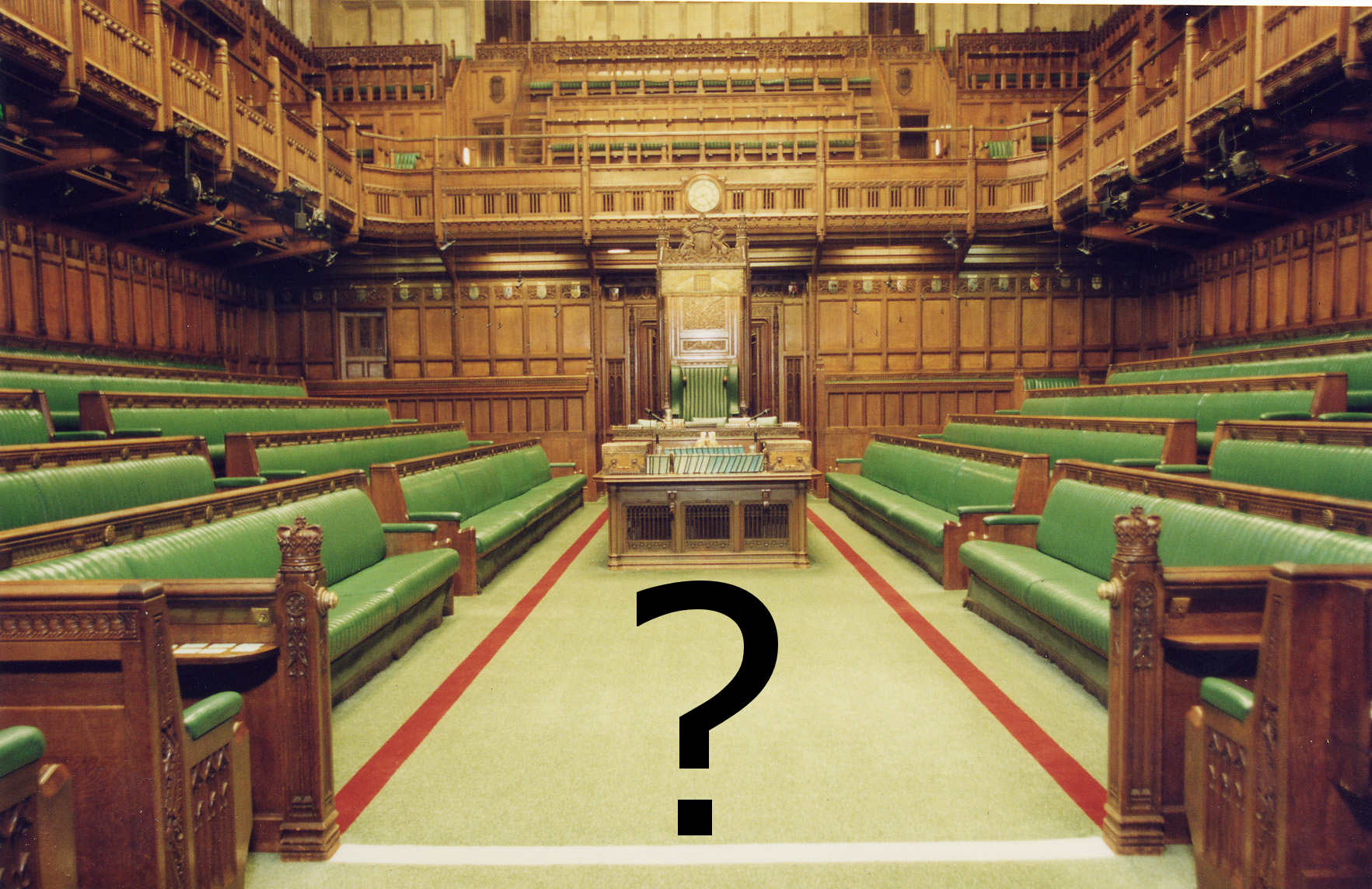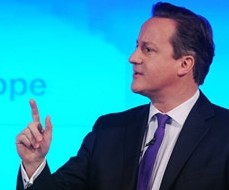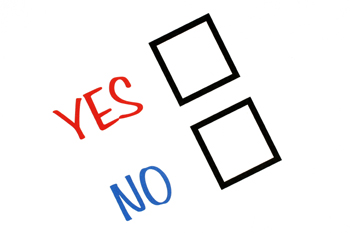
Personality Prevails: A political psychology perspective on the Scottish independence referendum
As the Scottish independence referendum campaign enters its final stages, both sides will still be hoping that they can persuade as many voters as possible that their side is right. Although undoubtedly some voters are still to decide which way they will vote, the minds of most voters were made up long ago and the campaign will have made little difference. Political psychologists have convincingly shown that voters aren’t particularly good at making objective assessments of arguments about political issues – regardless of their actual validity, we tend to think that arguments that support our positions are good and arguments that don’t are bad. Even when voters have the same factual information, partisan bias leads to very different conclusions. The stability of the referendum polls despite the long and intense campaign suggests that these factors are almost certainly playing an important role in opinions on the independence debate.
If vote intentions in the referendum aren’t a result of objective evaluations of the pros and cons of Scottish independence, where do these opinions come from? Political attitudes are not simply created in a vacuum, nor do they just reflect self-interest according to socio-economic position. Scholars have long suspected that political attitudes arise from deep-seated psychological dispositions – particularly from differences in personality. For psychologists, ‘personality’ captures the patterns of thought, feeling, and behaviour that are relatively stable within individuals in different situations and across time: people who are organised at work are also likely to be organised at home; shy children often grow up to be shy adults. For the past few decades, the leading paradigm in personality psychology has been the ‘Big Five’ approach, which has shown that much of the variation in personality traits between people can be captured by five dimensions – agreeableness, conscientiousness, emotional stability (sometimes labelled ‘neuroticism’), extraversion, and openness to experience.

Four locals and a European: What the 2011-14 elections might tell us about the 2015 general election
As the dust settles on the results of the 2014 local and European elections several questions remain unanswered about what the results mean for the future of British politics: Who will win the next general election? How well will UKIP do? Are the Liberal Democrats doomed?
Although local and European elections are notionally concerned with who represents us at the local and European level, most media analysis and political commentary about the electoral results is more concerned with national politics (as indeed are the decisions of many voters). Two years ago I developed a simple statistical model that tries to predict the outcome of general elections from local election results. Although local election and general election results tend to be quite similar to begin with (the two are 90% correlated) a statistical prediction might offer a better indicator of what is likely to happen in the future then simply taking the results at face value. Local election results tend to differ from general elections in certain predicable ways – for example incumbent government parties have tended to perform worse on average at local elections than their eventual general election results by about 4.5%. Controlling for these factors improves the predictive power of local elections by about 40%: the vote share for each party at local elections is 4.4 percentage points different on average from their share at the next general election. The average difference between the vote shares fitted by the model and the eventual results is only 2.7.

Can you buy a Police Commissioner? Spending at the 2012 Police and Crime Commissioner elections suggests it depends on the party
Just under a year ago the first Police and Crime Commissioner elections were held in England and Wales. Two weeks ago, the Electoral Commission released data on candidate donations and spending at those elections. In total candidates spent £2.1 million – an average of £11,220 each. For comparison candidates at the 2010 general election only spent £6,284 each (but this doesn’t count party spending, which was much lower at the Police Commissioner elections). Media reporting of the data tended to concentrate on the more extreme cases of candidate spending – the Conservative candidate who spent £98,751 and didn’t win, or the independent candidate who (officially at least) didn’t spend a single penny and won.
The casual observer might then be forgiven for thinking that candidate spending had no impact on the outcome of the Police Commissioner elections. However, as any good social scientist will tell you, outliers often obscure trends rather than indicate them. Campaign spending is a much studied topic in political science and the consensus is that spending more money gets more votes. One of the key insights about campaign spending is that it tends not to change voters’ minds about who to vote for but rather whether or not they bother turning out to vote at all.

Predicting the Eastleigh by-election
Tomorrow the voters of Eastleigh go to the polls to select a new MP following the resignation of Chris Huhne. The eyes of observers of British politics are keenly trained on the outcome of the by-election because it might give us some early clues to some serious questions about the next election: How are voters going to respond when faced with two incumbent government parties? Is Liberal Democrat support going to evaporate? What is the effect of UKIP going to be?

Playing the referendum game
This morning, in his much anticipated speech on the European Union, David Cameron announced that he would seek to renegotiate the terms of the UK’s membership of the EU and then offer an in/out referendum to the British public. It was the sort of ‘announcement’ only possible in politics – something we’ve more or less known was coming for months, the details of which were released the night before.

The referendum is not an instrument of democracy
On Monday David Cameron and Alex Salmond signed an agreement allowing the Scottish government to hold a referendum on independence. The Scotland independence referendum will be the latest in an ever growing list of referendums held in the UK that began in earnest with the Blair government.

Does the Republican Party actually know who votes for them?
You would think that the US presidential campaign teams would have a pretty good idea of what sort of person is likely to vote for them. A recent book suggest that the Democrats have developed highly complex ways of figuring this out. On the other hand, given two recent events, I’m not sure the Republicans have any idea.

Predicting the next UK general election
As the results of the Local elections began to trickle in on Thursday night it soon became clear that the Labour Party had done well, gaining 824 councillors. The Conservatives, meanwhile, lost 403 and the Liberal Democrats lost 329. From this, the BBC reported an estimate of national vote share of 31% for the Conservatives, 38% for Labour and 16% for the Liberal Democrats, meaning that if these results were replicated at the next general election, Labour would win an 83 seat majority. But is there any reason to think that these results will be repeated at the next election? As I discussed in my last post, there are very good reasons to think that they won’t. But opinion in …










